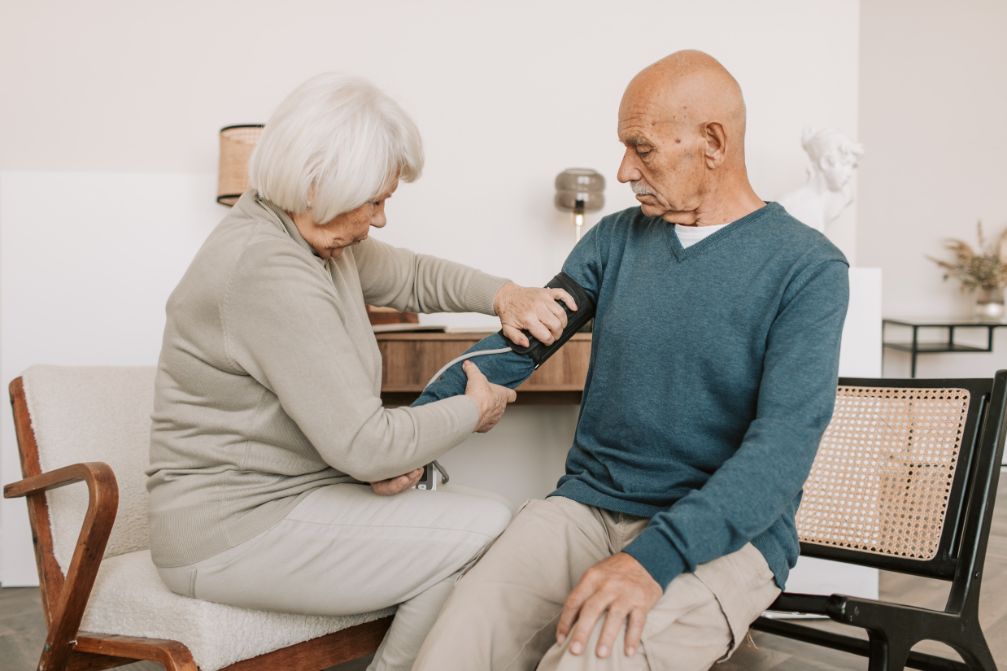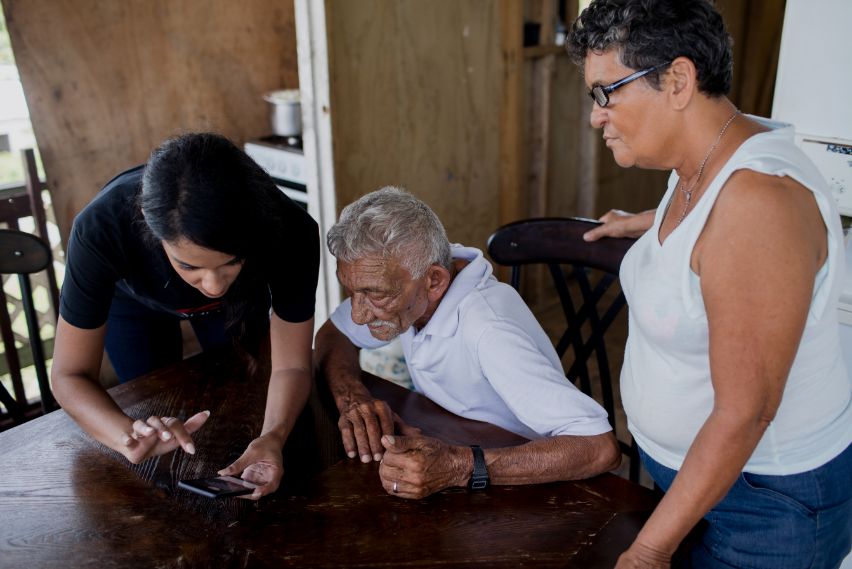Learn the value of preventive care and healthy aging for seniors.
Each day, hundreds of people pass away as a result of numerous diseases that could have been treated if they had been discovered sooner. In this situation, preventative medicine is crucial.
More seniors than ever are living longer, healthier lives as a result of improvements in healthcare, active lifestyles, and more opportunities for a healthier lifestyle. Even though chronic illness continues to play a significant role in a large portion of older adults, aging experts do not believe that senior health will continue to deteriorate.
Regular doctor visits and wellness exams for people 65 and older have a significant preventive benefit, delaying and preventing disease onset and progression.
What is Preventative Care?
Preventive medicine is a branch of medicine that focuses more on preventing biological diseases than treating them. A person’s health can be affected by a number of factors, including environment, disease agents, genetics, propensity, and lifestyle choices.
Essential Preventative Services for Senior Citizens
If You Are Elderly Or Care for One, Monitor the Following Screenings:

- Blood pressure: This is a crucial concern for seniors for a number of reasons. Blood pressure naturally increases with aging as a result of changes to the arteries and the circulatory system. Your doctor must diagnose and treat high blood pressure because it frequently goes undetected and has no symptoms. Due to high blood pressure, people over 65 are more susceptible to developing heart disease.
- Vaccines: Elderly people need vaccinations on a regular basis, not just during the winter. Flu shots are a necessity every year; there is no getting around it. Pneumococcal pneumonia and shingles vaccines should also be included, though.
- Diabetes: This sneaky autoimmune disease frequently shows no overt symptoms, manifesting as everything from dementia to heart disease to obesity. Every two years for seniors 65 and older, blood screenings are advised; more frequently if there is a family history of obesity, high blood pressure, or high cholesterol.
- Medication prescribed by a physician: More than 90% of Medicare beneficiaries take prescription drugs, with 40% taking five or more at once. To make sure that dosages are being given properly, these protocols should be regularly reviewed and observed.
- Psychological well-being: The isolation, loneliness, and depression that go along with it are common in the elderly. Mom and dad should get yearly physicals to maintain good health and to proactively treat depression.
- Hearing and vision: Annual eye exams are crucial to identifying and treating age-related diseases like glaucoma, macular degeneration, and cataracts. Seniors should have a hearing test once a year or every two years because hearing loss in older adults is typically treatable.
- Weight and height: Due to the aging process’s effects on metabolism and mobility, regular weight checks are essential to preventing obesity and other health issues related to excess weight. For women, height tracking can identify osteoporosis-related changes in bone density.
- Oncology: Getting the elderly the proper medical advice regarding screenings for cancers that can be treated is crucial; these cancers are typically those of the skin, breast, cervical, and prostate.
The Secrets to Healthy Living for Senior Citizens
Readers will learn about some of the crucial techniques an elderly person should employ to maintain a high quality of life in the final section of this academic essay writing piece. And some of those important methods are :
Check What You Eat
An individual is what they eat, according to a very well-known proverb. Maintaining healthy eating habits is crucial for people of all ages, so this saying is accurate. However, it becomes absolutely crucial for elderly people to keep track of what and when they eat.
Constant Screening
It is well known that prevention is preferable to treatment. Due to this, it is advised that older people continually undergo all necessary health screenings and major checkups.
By doing this, one will be able to identify any major or minor health problems before they have a chance to get worse. Every six months or a year, one ought to think about getting health screenings.

Medication Management
Seniors frequently experience one or more medical conditions that require special care. And it is advised that one always be alert for any novel or unusual symptoms that might develop while taking any medication. Drowsiness, loss of appetite, allergic reactions, and other symptoms are a few of the signs that one should watch out for.
Sleep and Rest
A person’s body has the chance to heal and regenerate while they sleep or rest. It is advised that seniors adhere to a strict sleeping and resting schedule because of this. For people in other age groups, this point is also relevant.
Do not Neglect Mental Health
Every person’s life revolves around their mental or psychological health, which becomes particularly vulnerable as they age. This is a result of the numerous changes that must be managed and which can be very taxing.
It is advised that one take special care of their mental health as a result. This can be accomplished by keeping busy, partaking in a variety of hobbies, going for walks, spending time with family, going out, and other activities.
Vision Changes
An aging person’s vision may change in a variety of ways. In light of this, it is advised that individuals undergo regular checkups at a reputable eye clinic every six months to a year.
Socializing

Being alone in old age is one of the challenges of getting older. Therefore, it is advised that senior citizens engage in social activities as frequently as possible. Additionally beneficial for senior citizens’ mental health.
Staying Physically Active
To keep the body in good shape, exercise should be done every single day. For this reason, seniors should think about walking or other gentle forms of exercise to maintain their bodies’ health.
The Free Physicals
Free checkups are frequently offered at a lot of hospitals and clinics. Seniors should benefit from these examinations.
Visiting the Dentist
One of the common problems affecting seniors is dental-related. Consequently, it is advised that everyone get routine checkups at the dentist.
These are a few crucial actions that senior citizens can take to lead healthier lifestyles. The reader can consult other academic essay writing pieces on the same subject if he or she wants to learn more about this subject.
Conclusion: Ensure the Best Preventative Care for Older People
In contrast to treating diseases, the field of preventative medicine focuses on preventing them. Therefore, older adults should take advantage of a range of preventative services, including flu shots, breast cancer screenings, and diabetes screenings.
An elderly person should take numerous steps to lead a healthier lifestyle. And some of those actions include observing one’s diet, engaging in regular exercise, seeing a dentist, and constantly interacting with others.



